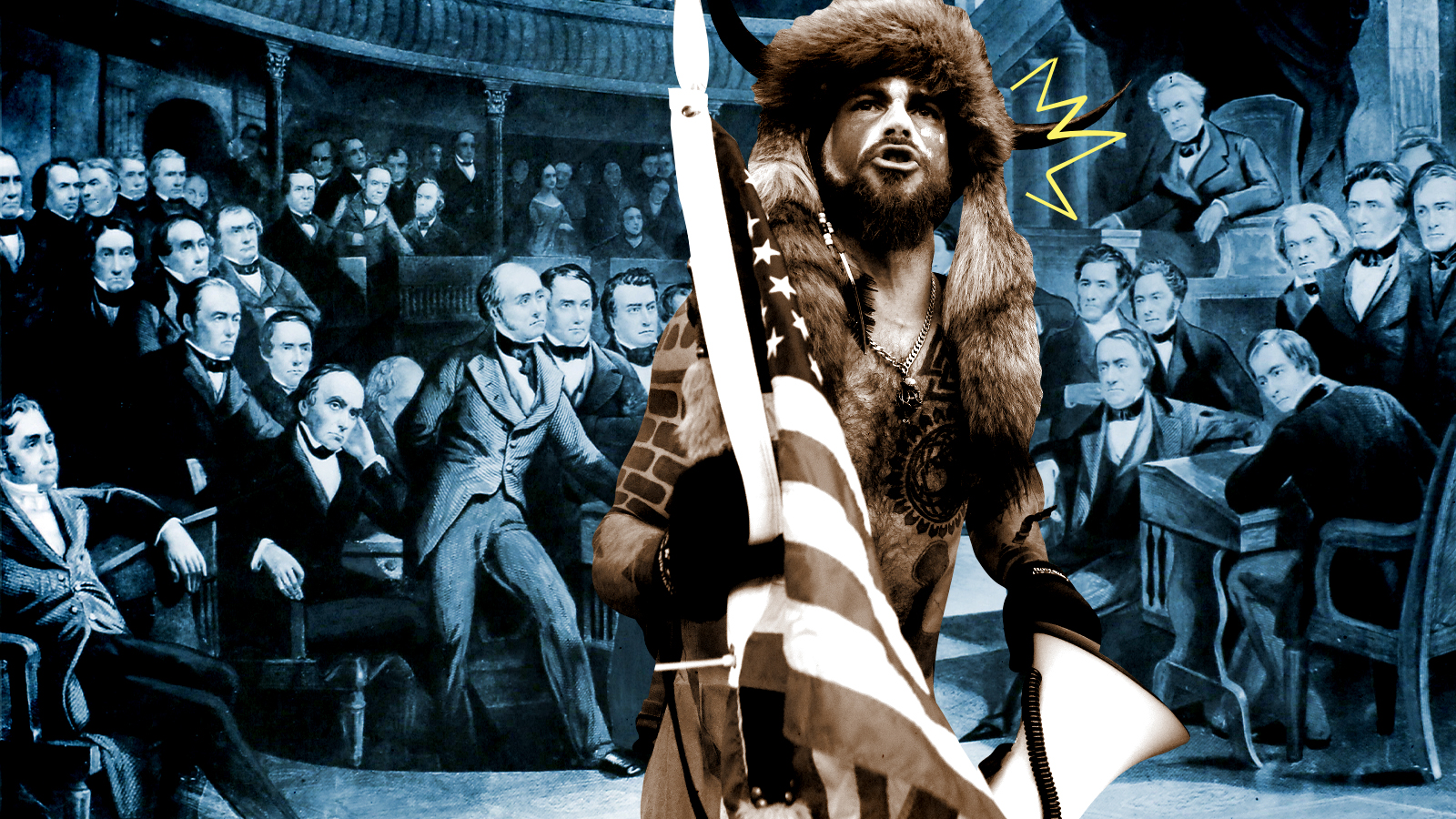The 1887 law that could end American democracy


A free daily email with the biggest news stories of the day – and the best features from TheWeek.com
You are now subscribed
Your newsletter sign-up was successful
How close did former President Donald Trump and senior members of his administration come to initiating an actual coup last January? If the recently published memo by John Eastman — director of the Claremont Institute's Center for Constitutional Jurisprudence, former law clerk for Supreme Court Justice Clarence Thomas, and Trump's attorney in a major election lawsuit — is any indication, pretty darn close.
The memo was reportedly presented to then-Vice President Mike Pence in a Jan. 4 Oval Office meeting with Trump and Eastman. It outlined a six-point plan to overturn the results of the 2020 election and keep Trump in office past Jan. 20. Pence refused.
Interestingly and ominously, one point of agreement between Eastman and Democrats alarmed about his machinations is that key to the plan's success is a poorly written and highly ambiguous 1887 law called the Electoral Count Act (ECA). As The Washington Post's Greg Sargent notes in an important column about the law, the ECA permits states to appoint new electors if an election has "failed" (with failure defined very vaguely); it gives members of Congress an open-ended power to object to electors; and it fails to specify precisely the vice president's role in counting electoral votes.
The Week
Escape your echo chamber. Get the facts behind the news, plus analysis from multiple perspectives.

Sign up for The Week's Free Newsletters
From our morning news briefing to a weekly Good News Newsletter, get the best of The Week delivered directly to your inbox.
From our morning news briefing to a weekly Good News Newsletter, get the best of The Week delivered directly to your inbox.
Eastman hoped Republicans in Congress would take advantage of these ambiguities to overturn the election and pronounce Trump the winner. And, as Sargent points out, that effort failed to deliver a "respectable bloodless coup" only because insufficient numbers of Republican officials were willing go along with the gambit.
That turn of phrase comes from election law scholar Richard L. Hasen, to whom Sargent turns for suggestions of reforms to the ECA that could keep future officials from making different choices and exploiting the law's many weaknesses to overturn legitimate election results. Among other recommendations, Hasen proposes "dramatically raising the threshold for Congress to object to electors; rewriting rules to make 'frivolous objections' harder; and defining 'failed' elections as only resulting from natural disasters or terrorist attacks, to forestall states sending rogue electors." As Sargent notes, other scholars believe it's also necessary to clarify that "the vice president has zero role in deciding disputes over the electoral count."
If we don't want to replay the events of Jan. 6 four or eight years from now with a much darker outcome, Democrats need to use their majority in Congress to address the deficiencies of the Electoral Count Act. That task should take priority over the party's other aims, including more sweeping election reforms. Nothing less than the survival of American democracy itself could be at stake.
A free daily email with the biggest news stories of the day – and the best features from TheWeek.com
Damon Linker is a senior correspondent at TheWeek.com. He is also a former contributing editor at The New Republic and the author of The Theocons and The Religious Test.
